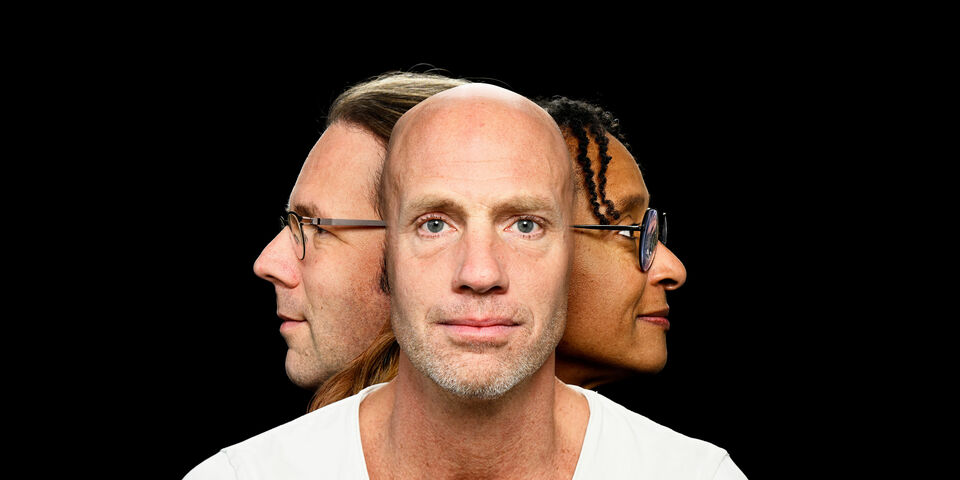K3 | My engineering heart is bleeding
Dutch politics appeals to science in the wrong way. Whenever societal problems present themselves, the political response tends to be that we have to learn to live with them, even though engineers are trained to solve those problems.
The modern approach to problem-solving is pretty much “just get used to it.” Insufficient capacity in the intensive care units? We are subjected to multiple lockdowns. Skyrocketing energy prices? Then our government puts up billboards urging the public to set the thermostat to 15°C.
For the first time since the Second World War, the life expectancy of the Dutch population has declined. And “all of us are becoming a bit poorer,” except for the Minister of Finance herself, who made this statement. The same hypocrisy was evident at the recent climate conference in Dubai. The tens of thousands of people discussing the organization of our lives don’t actually experience any inconvenience from their “degrowth” ambitions themselves. They fly to Dubai (in their private jets), while students and scientists are now required to travel by train for four days if they want to attend a two-day conference somewhere in a remote corner of Europe.
My engineering heart is bleeding. Can’t we solve problems without sacrificing our quality of life, food and housing security, purchasing power and pensions? Until fairly recently we were a world leader in this respect.
In order to tame the dangerous Zuiderzee, civil engineer and politician Cornelis Lely designed the Afsluitdijk. The construction of this dike was completed in 1932 and so, the IJsselmeer was created. Parts of it were reclaimed, and we gained an entire new province. The Hunger Winter of 1944 - 1945 and the North Sea Flood of 1953 forced the Netherlands and its people to be inventive. We developed and implemented the world’s most advanced agriculture and the Delta Works, among other things.
Engineers translate scientific knowledge into practical solutions. By doing so, they contribute to food security, provide additional habitable land and make us less vulnerable to the forces of nature. On the downside, human activity always affects the environment and nature.
A good engineer applies the consensus principle and uses the scientific method to weigh the pros and cons of implementing technology. That is what makes the Delta Works so ingenious; they protect the Dutch people while largely preserving nature and important economic activities, such as shipping and fishing.
When politicians claim that biomass burning is a sustainable way to generate energy, this causes engineers to raise their eyebrows. Because an engineer is supposed to take into account the full spectrum of possible consequences, including undesirable side effects, such as deforestation in North America and Eastern Europe. Hardly any engineers are active in politics these days (and for the sake of this argument, I’m conveniently ignoring a well-known TU/e alumnus, CDA politician, and former KLM CEO who crashed and burned).
At the same time, politicians increasingly abuse the domain of science to impose their ideological agendas. With dogmatic absolutism, they cry: “my party is the party that bases its policies on science.”
But science is not a guidebook for what constitutes good or bad policy. Science does not dictate; science informs. It is then up to administrators to make policy decisions. And as far as I’m concerned, it would be better if more of those administrators had a background in engineering.


Discussion